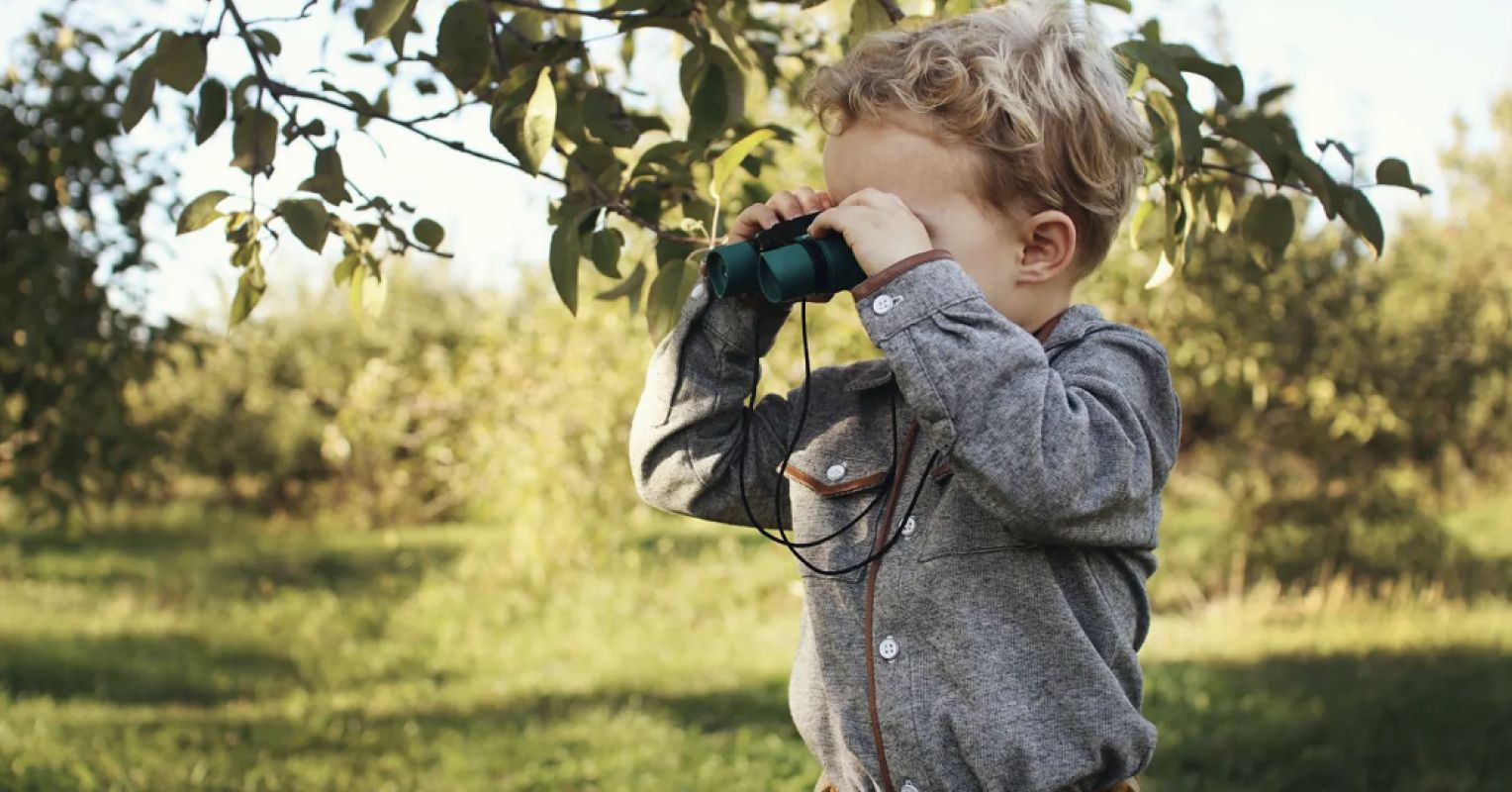
"One of my fondest learning experiences from elementary school was in fourth grade, when we had immersive lessons on birds. This has stayed with me for years because of the multi-sensory nature of the experience. I still have the bird book we used as text. Our teacher encouraged us to read about birds and listen to bird calls. We drew them in ink and in paint. Our capstone project involved making something tangible for real birds."
"I chose to make a bird bath. Nothing fancy. A plastic plate affixed to a wooden stand and base. I remember asking for help and my father generously spending hours with me, helping me to observe how it ought to be fastened together. He never took over, though clearly he should have. My attempt was rudimentary at best, and it came apart at the bus stop. Leaving me in tears then-yet with insight now."
"Why We Do What We Do Remember when you learned to drive? Likely, you viewed training films and watched other drivers long before you got behind the wheel. And then you had to log many hours driving with someone capable of sharing feedback on how you were doing. All learning is like this. Watch and learn, watch then do. The role of observation in our daily lives enhances our perception, and it syncs the efficiency of all of our senses."
Brains are wired to learn by observing, enabling vicarious learning and improved sensory efficiency. Multi-sensory, immersive experiences—reading, listening, drawing, and hands-on projects—create lasting memories and deeper understanding. Guided observation, rather than corrective takeover, cultivates independent problem-solving and insight, as shown by a child’s project supported through patient coaching. Repeated observation combined with practice and feedback consolidates skill acquisition, exemplified by driver training. Role modeling desired behaviors communicates actions, emotions, and body language that learners internalize and replicate, making observation central to education, parenting, and creative practice.
Read at Psychology Today
Unable to calculate read time
Collection
[
|
...
]